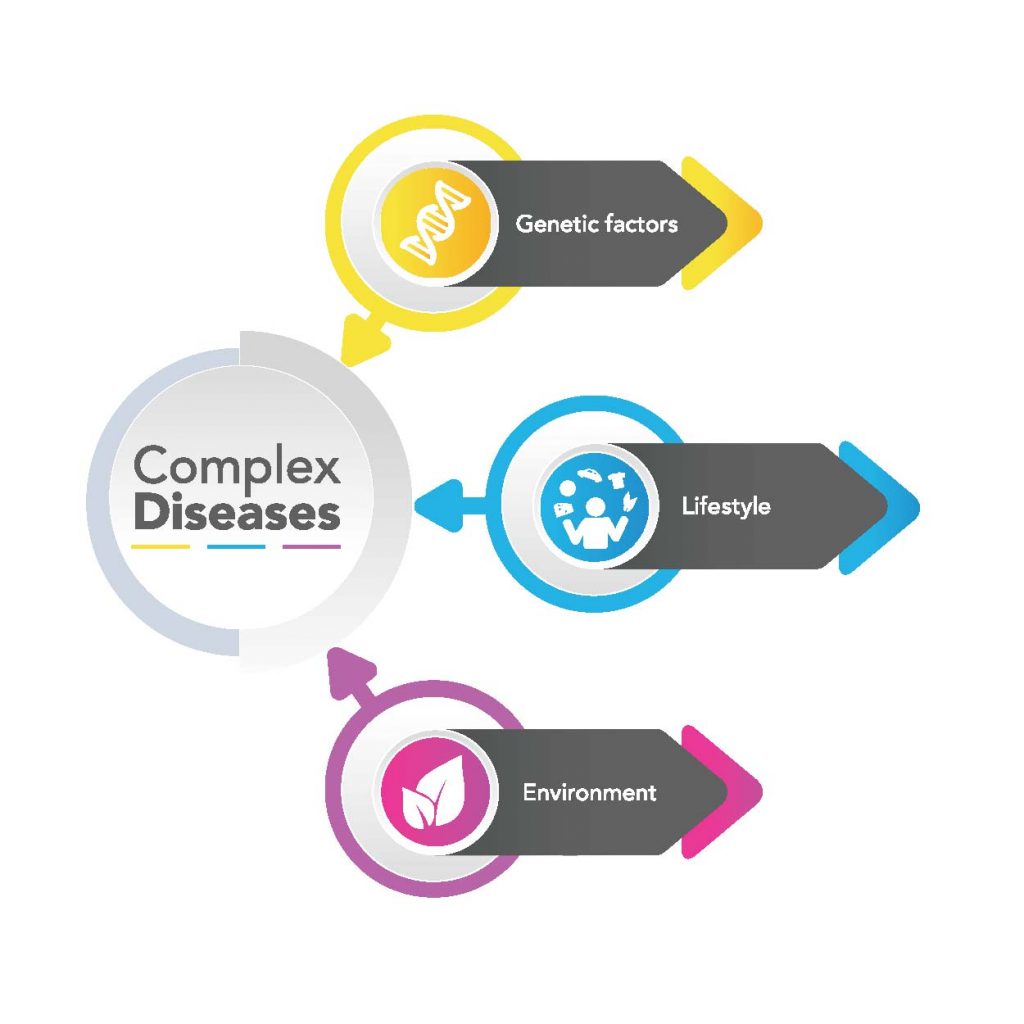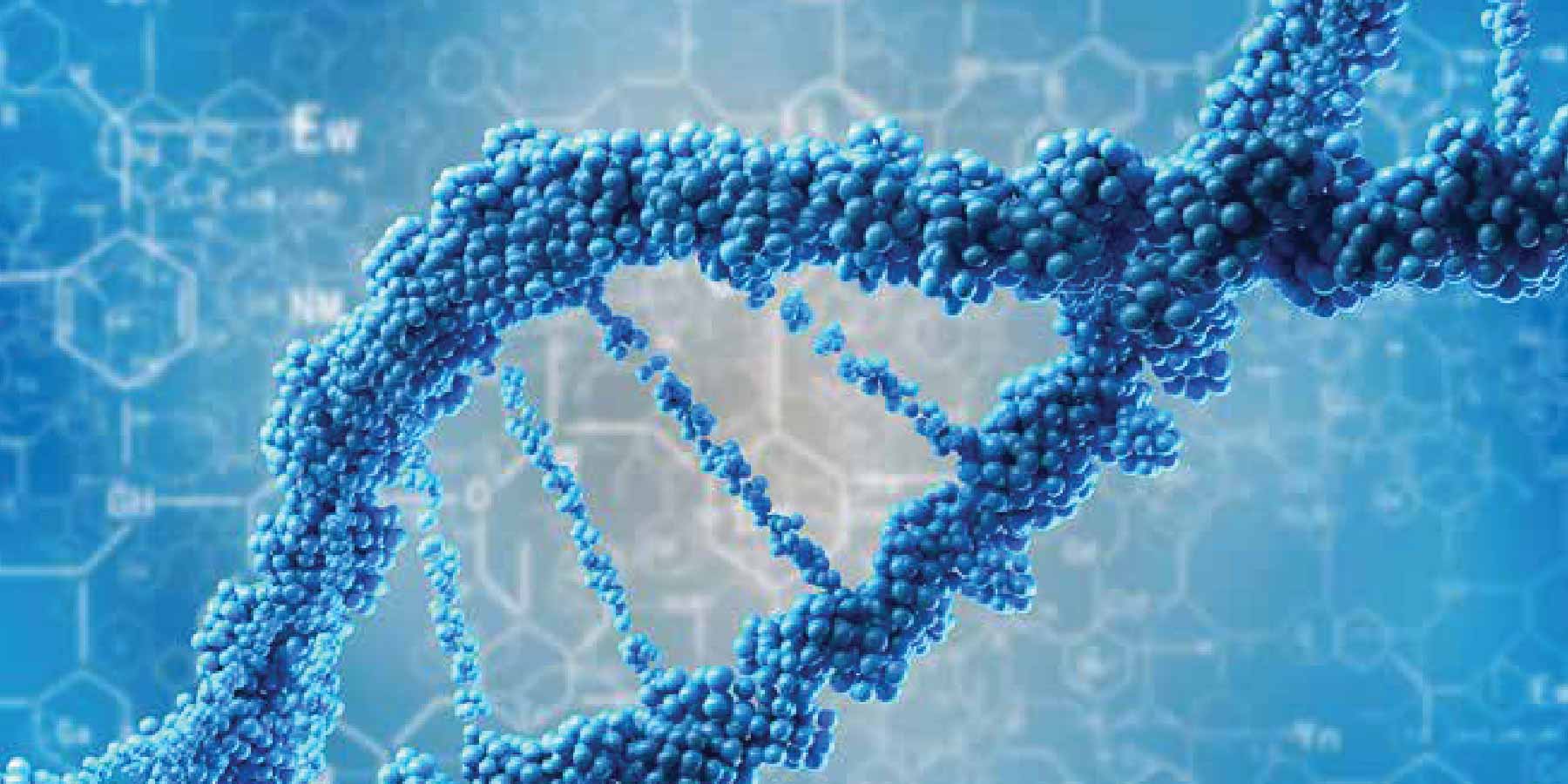This new centre of care is a dedicated and well informed unit to provide a better and unique care for those patients with rare and complex diseases.
Rare diseases are those which occur in less than 1 in 2000 population. Rarity is dynamic and depends on the region we concern and the period of time taken in to account. Good example is Malaria. It was endemic in Sri Lanka several decades ago, but now it is eradicated and if present it falls in to the category of rare disease. There are about 6000 to 8000 diseases identified as rare, according to most available such lists in literature. Most of the rare diseases are genetic conditions and some are infections, malignancies or may be autoimmune/rheumatic conditions. Because of the rarity of the disease the provision of a better care through a routine medical clinic or a health centre has shown to be sub-optimal.
Complex diseases the combined effect of genetic, environmental and lifestyle factors giving rise to diseases that behave deferent to the patterns of common well known diseases. Their etiopathogenesis, genetics and syndromic features are complex. The inheritance is also complex and tends not to follow the Mendelian pattern. Sometimes the diseases could be complicated due to difficulties in achieving a diagnosis, unavailability or inaccessibility to investigations or difficulties in the management when it comes to our setup. Patients with undiagnosed diseases face to many difficulties and find no solutions for their condition and tend to seek different facilities in various treatment modalities, without a proper guide. Finally they tend to give up and may suffer from disease in the absence of hope of care they want. This new centre provides facilities for those patients with rare and complex diseases aiming a better satisfied care for them.

Why we need a separate centre for rare and complex diseases?
Currently in several countries (like United Kingdom) and regions there are separate units developed for those with rare diseases. In Sri Lanka no such clinic or unit to facilitate them is developed.
The conventional channelling or clinic setup currently in the country is usually overcrowded. The time available for one patient is limited. The common medical conditions like hypertension, diabetes and ischemic heart disease, etc. are managed in routine clinic draw much attention and the management is also guidelines based in most cases. In contrast rare and complex conditions when managed in these overcrowded routine clinics get inadequate attention and time allocated for them. The management for them is usually unique and specific, and no guidelines developed. The experience in health care workers seems inadequate as they encounter such cases infrequently. A dedicated centre with extra time allocation allows those patients to get an optimum care. The pre-informed, trained and friendly staff in such a centre could provide a better care for them than in a routine medical clinic.
Privacy and confidentiality assured and a separate environment from routine clinics, provide a safer feeling for the patient and the family.
Investigations are unique and sometimes unavailable within the country for those rare diseases and we provide extra attention to them and provide easy access for the patient to get them done. For the investigations not available within the country we coordinate investigations to make it convenient for the patient. In the same way the management is also difficult and sometimes the medicine is not available within the country. The drug companies may not be interested in such conditions due to rarity making it expensive and less profitable for them. We coordinate to get down the medicine from where it is available and provide information to the patient how to purchase them.
Follow up of such patient in the routine clinics and channelling to monitor disease progress, response to treatment, development of complications and adverse effects to treatment may be sub-optimal. This dedicated centre provide additional time and attention, so that the patient get the better opportunity to sort their problems and receive a better care.
In addition to the above benefits, the centre keep records of such patients with the appropriate consent, within the ethical limits, help improvement of our understanding of the diseases and provide opportunity to conduct research in such areas.
Multidisciplinary team
Our multidisciplinary team consists of experts for their specialties and we cover a wide range of subspecialties in medicine. We also have a strong and dedicated nursing care, lab service, physiotherapy and pharmacists strengthening our capabilities.
Limitations
There are many limiting factors that stand in front of us when managing these conditions. First of all we do not have a developed list of diseases identified as rare in our country. It is not a thing we can do overnight going through literature or lists available. This need collection of data and statistics of the entire country evaluated over a period of time. Due to the dynamic nature the maintenance of statistics is the mainstay of development of our own list. Initiation is difficult but not impossible. Awareness is poor and limited only to a small number of health care workers. Those who have interest towards such an area are needed as the subject is new to our setup. Thus the identification of conditions and recruitments are not easy.
Future
Initial steps of development of such unit are challenging. It will take some time to improve awareness and recruit patients. The development of a list of diseases will also need several years with maintenance of records.
We hope to provide a better satisfied care for our patients and develop a sustainable system
For appointments 0112 140 000
Dr. Champika Gamakaranage
Consultant Physician













